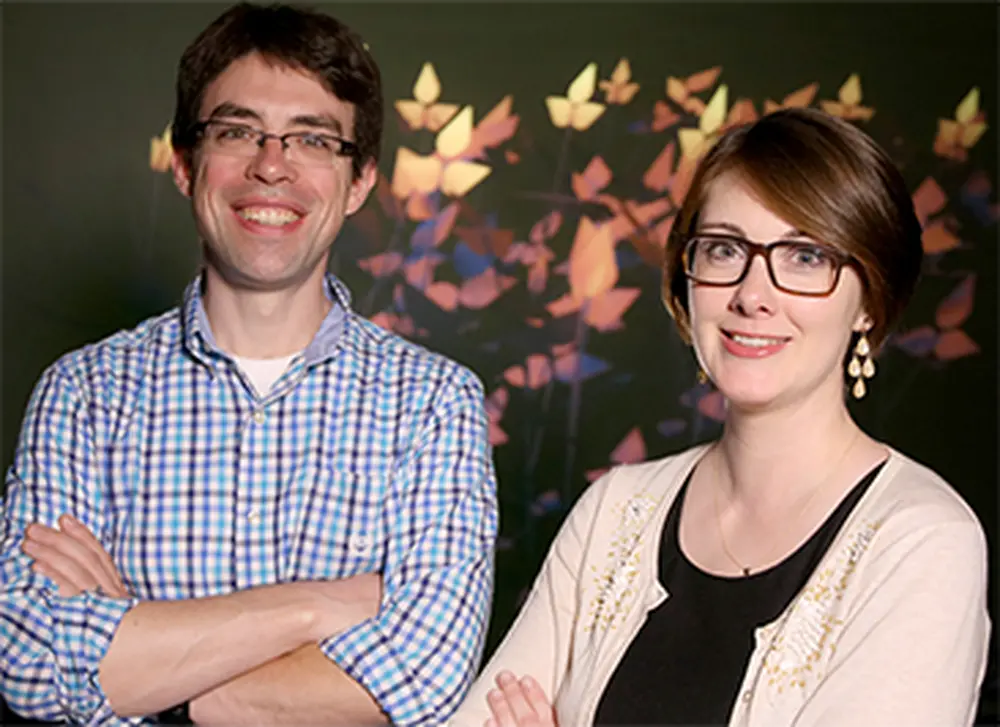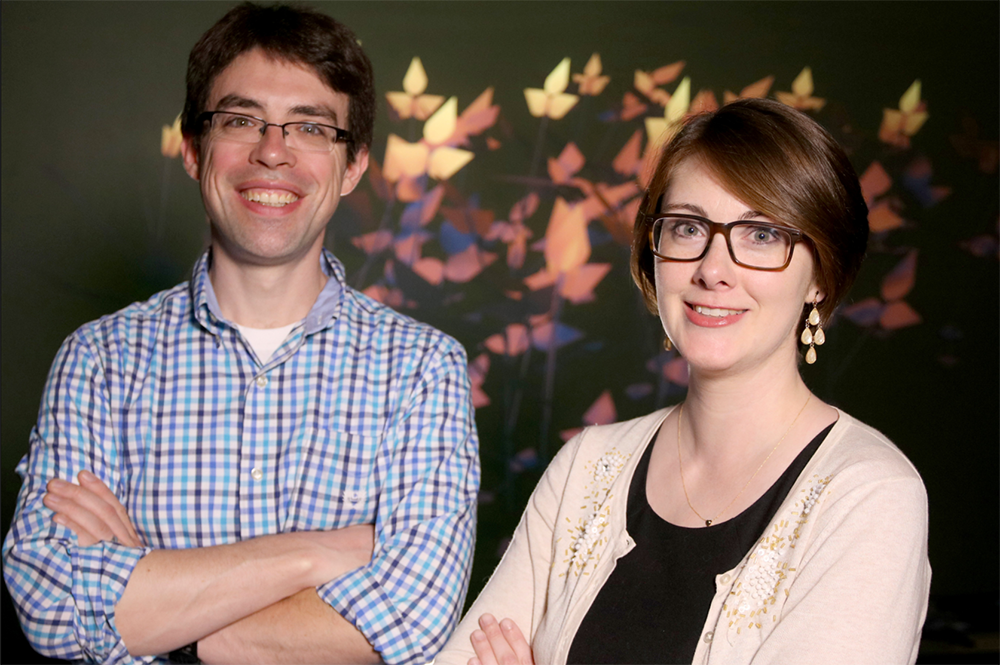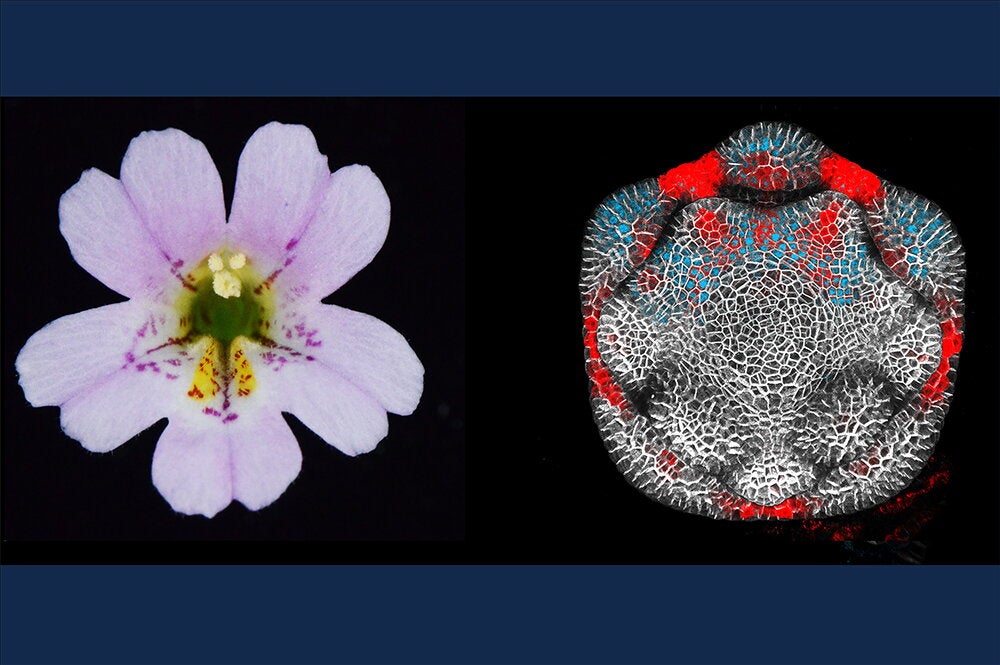

Research from Illinois was presented to the U.S. Senate on Thursday as advocates of agricultural research highlighted the importance of congressional support.
The research of Amy Marshall-Colón, professor of plant biology, was one of the projects featured during the Senate Agriculture Committee’s hearing, titled “Agricultural Research: Perspectives on Past and Future Successes for the 2018 Farm Bill.”
The research was presented to the committee by the Foundation for Food and Agricultural Research (FFAR)—which has funded Marshall-Colón’s research—in hopes of drawing additional support for the foundation. FFAR was established as part of the Agricultural Act of 2014.
Marshall-Colón and others from Illinois have been working on Crops in silico (Cis), a project to develop a suite of virtual plant models with potential to help resolve a growing gap between food supply and demand in the face of a changing climate, according to a press release from FFAR. The foundation recently granted Marshall-Colón $274,000 to continue this crucial research.
FFAR believes that Cis will give crop researchers a tool to examine the effects of rapidly changing environments on a molecular, cellular, and organ level within a plant to more quickly and accurately determine the best targets for genetic engineering.
“Science is accelerating faster than ever before, and the Foundation for Food and Agriculture Research is committed to harnessing cutting-edge science for the benefit of the agricultural system,” FFAR Executive Director Sally Rockey said, in a press release about Marshall-Colón’s work. “Crops in silico will integrate some of today’s most advanced plant models, providing new and exciting insights into how a plant functions that will undoubtedly accelerate our ability to improve plants.”
Marshall-Colón is continuing the research with Stephen P. Long, the Gutgsell Endowed Professor of Crop Sciences and Plant Biology; Matthew Turk, professor of information sciences, research professor of astronomy, and research scientist at National Center for Supercomputing Applications; Christine Kirkpatrick, executive director of the National Data Service; and Jonathan Lynch, University Distinguished Professor of Plant Science at Penn State University.
“We believe Crops in silico will unite largely isolated efforts into a connected and collaborative community that can take full advantage of advances in computation science and mechanistic understanding of plant processes and their responses to the environment,” Marshall-Colón said.


